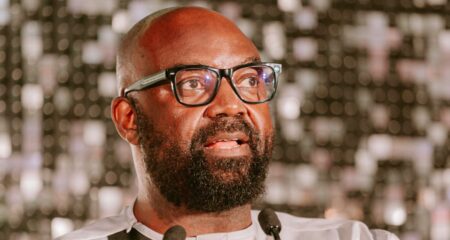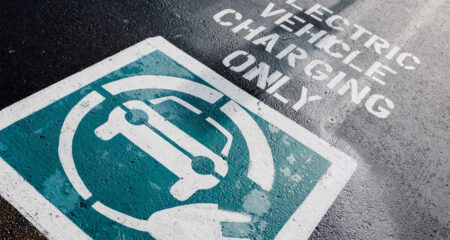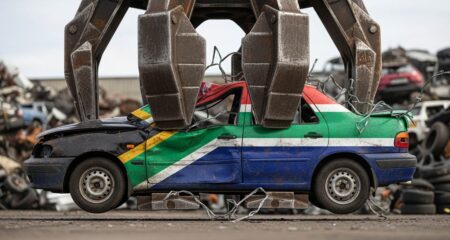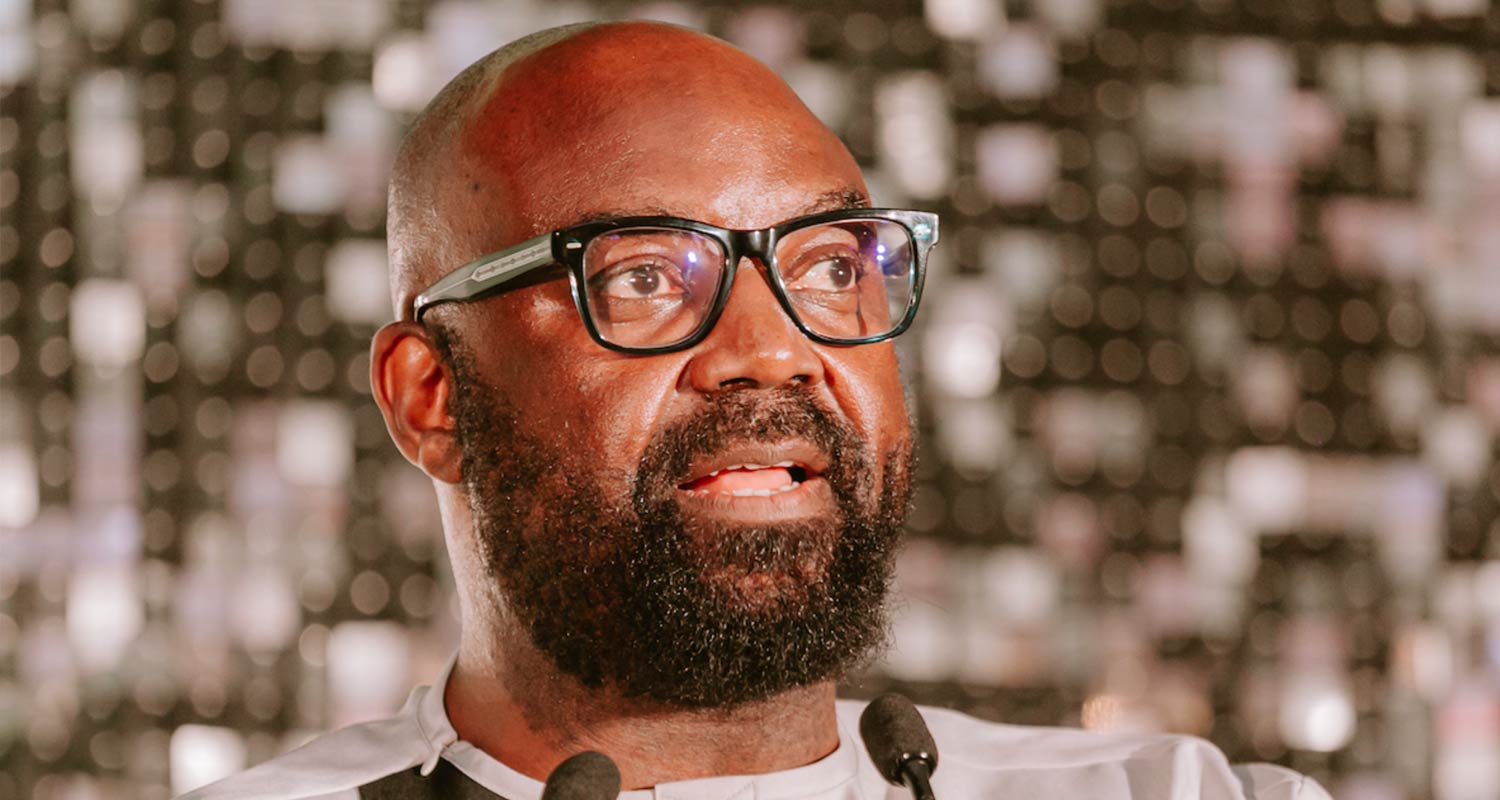
Mikel Mabasa, CEO of Naamsa | The Automotive Business Council, has warned that South Africa risks losing its vehicle manufacturing industrial base, like Australia did, should the transition to new energy vehicles (NEVs) be mismanaged.
Mabasa’s comments follow President Cyril Ramaphosa’s announcement last Thursday that government plans to support the automotive industry’s transition to electric vehicles, both at the manufacturing level and for consumers in the form of tax rebates or subsidies.
Naamsa is an important role player in South Africa’s automotive industry and represents all the major brands that have manufacturing facilities in the country, including Volkswagen, Ford, BMW, Toyota and Mercedes-Benz.
Mabasa told the Money Show on 702 that South Africa is playing catch-up, considering other governments began supporting their automotive industries’ NEV transitions some time ago. However, he said he is hopeful that the local industry can regroup – provided the transition is managed well.
“If we mismanage this transition, we are likely to end up like Australia, which lost its manufacturing base completely. Every vehicle in Australia today is imported, even though they once had a fantastic manufacturing base in that country,” said Mabasa. “South Africa cannot afford to go that route because we employ more than 500 000 people, who are dependent on this industry.”
He said the automotive industry welcomed Ramaphosa’s commitments, which was likely influenced by the president’s recent visits to China and the US, where he may have received the message that it’s urgent that South Africa supports the automotive sector in remaining internationally competitive.
Tailormade
“I think the president understands that the competition here is actually between his government and other governments around the world that have already started providing exactly what he announced,” said Mabasa.
Despite being years behind other nations, Mabasa said South Africa’s automotive sector can still catch up, and could even come out ahead. But for that to happen, the NEV transition must be “tailormade” for the South African context and not be a carbon copy of what other countries and regions such as China and Europe have done.
Read: We drove five electric cars across South Africa – a photo essay
“I think the reality for us in South Africa in particular is that we appreciate that the rate of adoption and the manner in which South Africa is going to move through this transition is not going to be the same as what we are seeing in markets around the world,” said Mabasa.
Three in five locally manufactured vehicles are exported to the EU, which plans to ban the sale of new ICE vehicles by 2035.
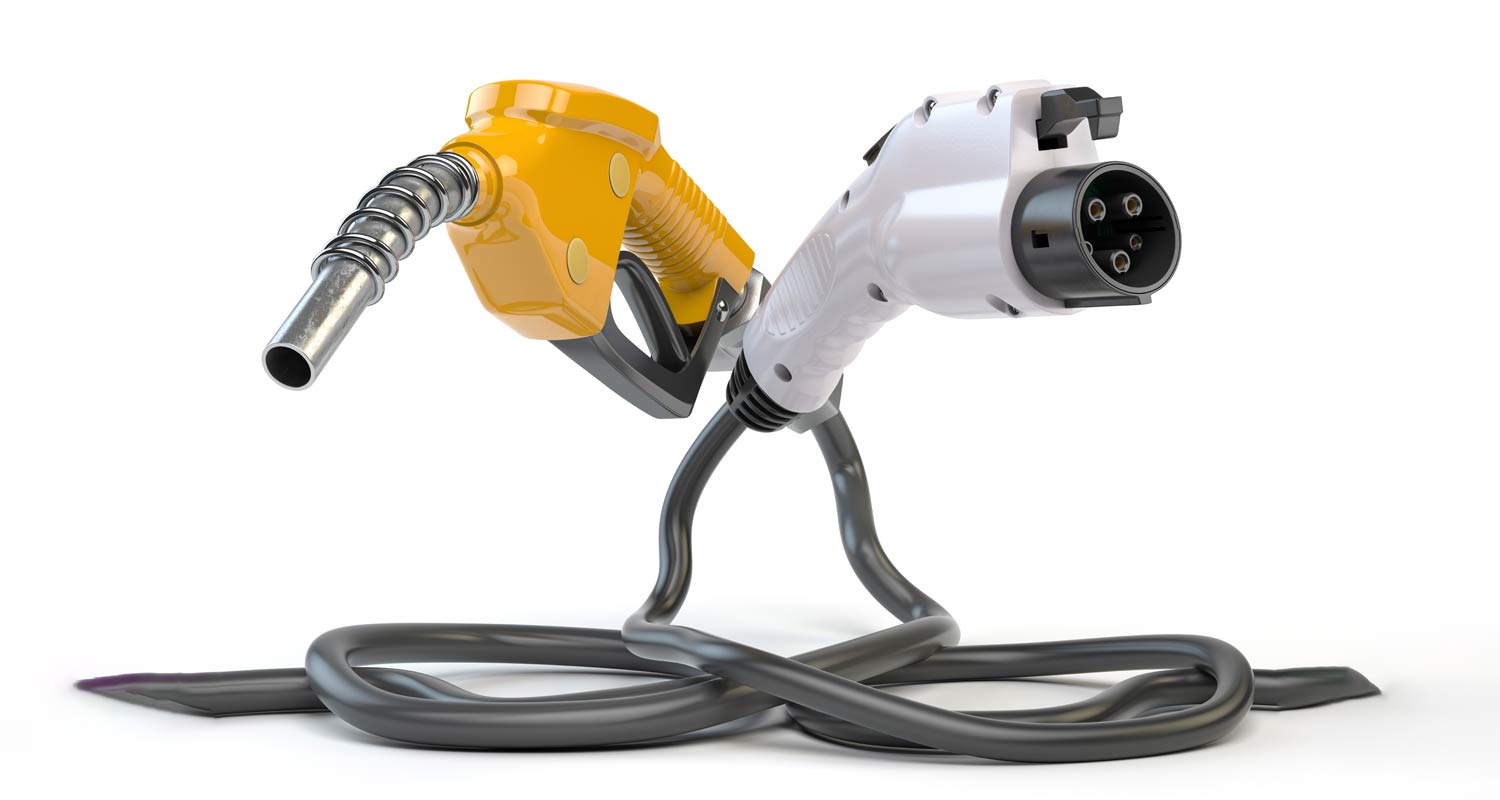 If South Africa is to maintain or grow its vehicle exports to EU, NEV production must be ramped up significantly.
If South Africa is to maintain or grow its vehicle exports to EU, NEV production must be ramped up significantly.
The interventions announced by Ramaphosa, combined with finance minister Enoch Godongwana’s February announcement of an up to 150% rebate scheme for NEV production, will help the industry transition away from ICE vehicle production.
Mabasa said there are also opportunities available to South Africa in the beneficiation of minerals used in NEVs, including nickel, cobalt and lithium.
“We are also talking about how we take advantage of the endowment of mineral resources we have in South Africa and the rest of the continent so we can make sure that we are able to beneficiate a lot of these mineral resources internally,” said Mabasa.
Although Ramaphosa has made government’s policy direction clearer, exactly how the incentives will be implemented will only be known in time. One question is where the money will be found to fund the industry and offer subsidies and rebates to consumers.
“We are going to be waiting with bated breath for the minister of finance, who is going to announce his medium-term budget shortly, to see what announcement he will make from his speech in the coming weeks. How we manage this transition is definitely mission critical for our country – there’s no doubt about that,” said Mabasa. – © 2024 NewsCentral Media
Get breaking news from TechCentral on WhatsApp. Sign up here.
Don’t miss:
South Africa’s EV subsidy and tax rebate plan, and what it really means


